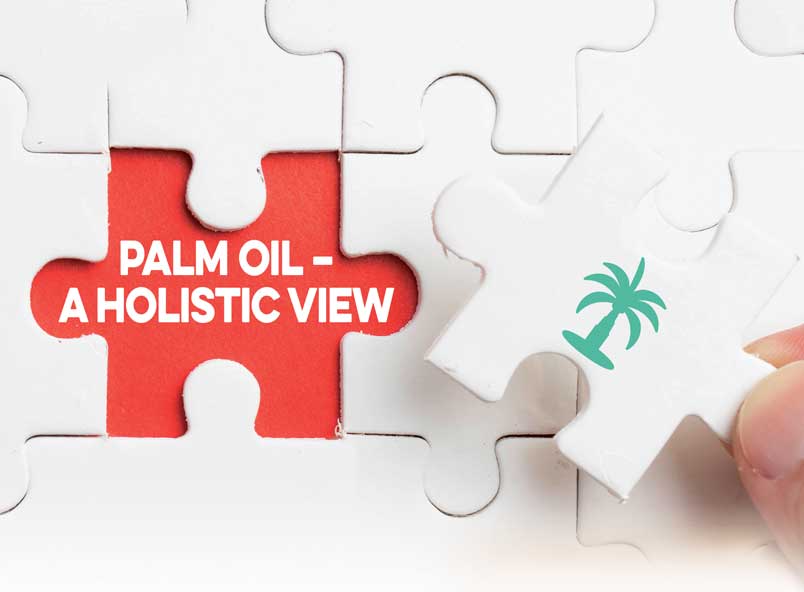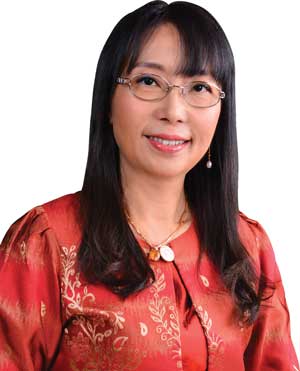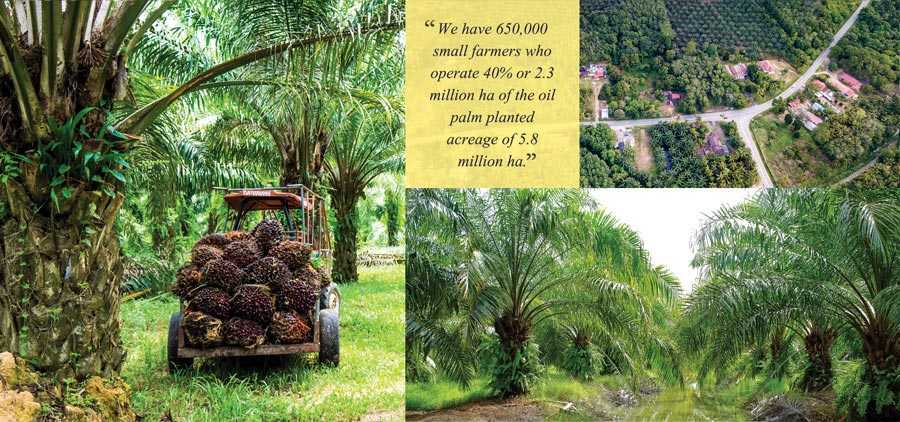




“Judging from the presence of participants from many parts of Europe and Asia, this is indeed a hallmark platform for a balanced debate on the many challenges associated with palm oil today. It is encouraging to see various stakeholders present, and I am glad to be in your esteemed company.
In Malaysia, we are in the midst of creating a new, more dynamic and sustainable era supported by new governance policies, and with many areas being redefined by the current popular government. Among items with top billing is palm oil, a major commodity and a significant contributor to annual GDP.
The organisers suggested that my address should dwell on sustainability goals and challenges, not only within Malaysia and its palm oil industry, but also incorporating the United Nations Sustainable Development Goals (SDGs).
As a nation, we have already expressed our SDG commitments on issues ranging from climate change and poverty eradication to women’s empowerment. On this note, I am proud to say that these goals are intricately woven into our palm oil industry.
Malaysia has been proactive about sustainability in the palm oil supply chain. One of our plantations was the first to achieve RSPO certification, in August 2008. Malaysia currently accounts for nearly 42% of global production of certified palm oil. This has been volunteered generously by industry members; but, despite our best efforts, the noise of anti-palm oil sentiments continues to ring loudly throughout Europe.
We have stepped up the game and are now marching towards the goal of mandatory certification of our entire palm oil supply chain by end 2019, using the Malaysian Sustainable Palm Oil certification scheme as the national standard. So, when the Amsterdam Declaration kicks in from early 2020, I hope you will look to Malaysian palm oil for your needs.
The SDGs do not mince words when they prioritise poverty eradication. In Malaysia, we could not imagine achieving this primary sustainability goal without palm oil. We have 650,000 small farmers who operate 40% or 2.3 million ha of the oil palm planted acreage of 5.8 million ha. This surprises most people, who assume that the Malaysian palm oil industry is run by business corporations.

Our small farmers depend on oil palm for their livelihood and to meet basic needs. They face a very grim future when NGOs like Greenpeace brand palm oil as ‘dirty’. Many activists also have a tendency to tar all sources of palm oil with the same brush.
To the government, oil palm cultivation is synonymous with poverty eradication. Since Malaysia’s independence in 1957, the poverty rate has fallen from over 50% to below 5%. According to the World Bank, less than 1% of Malaysian households live in extreme poverty.
We plan to support the communities and businesses that have made this a reality over the past 60 years. There is more to do. Thus we ask you, especially end users in Europe, to join us in the poverty eradication goals by using sustainable Malaysian palm oil.
How do we achieve this?
Please work with us to improve the productivity of small farms, and adopt small palm oil cluster certifications as part of your corporate social responsibility. When productivity increases within the small farmers’ community, there will be little need to expand into new land for oil palm cultivation. I know that Europe is passionate about rainforests and their mega biodiversity. Being passionate alone will not save these forests – actionable activities will.
Malaysia is talking with the European community, and many positive programmes should fall in place soon. As such, I urge continuous support and collaboration from all – don’t hamper our genuine efforts toward the sustainability of palm oil.